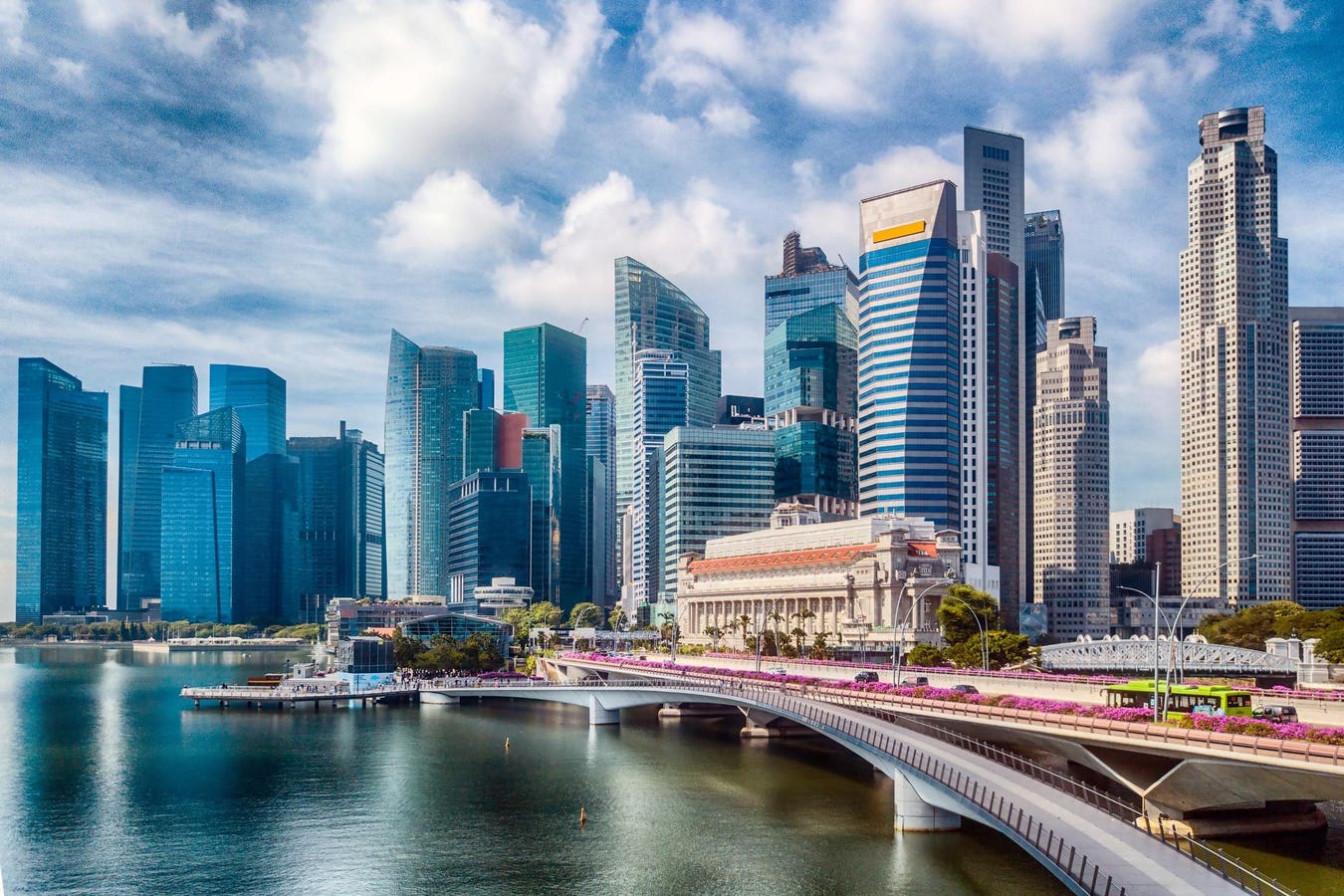Hannah Ma, Managing Director of Globevisa Group.
Singapore is renowned for its economic dynamism and global talent appeal, yet its Permanent Residency (PR) process is pushing some of the very individuals who contribute most to its success to reconsider their long-term future. While some applicants face rejection despite checking every box—high earnings, job creation and deep integration—others secure PR through seemingly arbitrary means.
The PR Application Process
Officially, PR applications are evaluated based on:
• Professional and economic contributions (PTS Scheme)
• Investment in the country (GIP Program)
• Family ties to Singaporeans/PRs
• Foreign students with strong academic performance
However, I’ve found the decision-making process remains a black box. The government has kept PR numbers stable at around half a million, indicating that approvals may be regulated through established but undisclosed factors.
Who Gets In And Who Doesn’t?
For many long-term residents, the PR process has become a source of deep frustration and, ultimately, disillusionment. Despite making significant economic and social contributions, numerous highly qualified individuals have faced repeated rejections with no clear explanation.
For example, Alex Svanevik, the CEO of Nansen, a multichain analytics platform, wrote a post that went viral last year: “Just got my Singapore Permanent Resident application rejected! $88m capital raised, 25+ jobs created, 1 child born. Guess it wasn’t enough. Where to move next?”
I worked with an American business owner. Married to a Singaporean, with two sons serving National Service, he built a successful company that employs locals. Yet, after multiple attempts, his PR applications continue to be denied.
While some highly qualified professionals struggle to secure PR, others have had an unexpectedly easy path. For example, a self-employed cryptocurrency entrepreneur I worked with was accepted. He was a Taiwanese national with a Master’s degree, running a crypto-tech firm with more than 50 employees—30 of whom are foreigners. Despite operating in a controversial industry, his PR was approved on the first attempt.
Some applicants who contribute significantly to Singapore’s economy and society are rejected, while others, with uncertain long-term ties, are accepted.
Considerations For Entrepreneurs And Investors
For entrepreneurs and investors who are still keen on Singapore’s PR program, it’s crucial to approach the process with realistic expectations. The PR approval system is not a straightforward checklist; it could be influenced by factors that go beyond financial investment or job creation. While your business success, revenue generation and employment of locals are important, they do not guarantee approval. You should be prepared for a process that can be lengthy, often opaque and, at times, emotionally taxing.
Before deciding to apply, assess your long-term goals. Are you looking to build deep roots in Singapore, or are you here primarily for business opportunities? If it’s the latter, it may be more strategic to leverage Singapore’s robust business ecosystem without committing to PR. Singapore offers numerous business-friendly schemes that do not require permanent residency status, including the EntrePass, Tech.Pass and various tax incentives for startups and investors. These routes allow you to operate effectively without getting entangled in the uncertainty of PR approval.
For those still committed to applying, positioning matters. Build a clear narrative around your integration into Singaporean society—this includes local hires, corporate social responsibility initiatives, partnerships with government-linked entities and efforts to contribute beyond just profit-making. If possible, you may want to engage local advisors or firms familiar with immigration trends to craft a stronger, data-driven application. Even subtle details, like your company’s industry alignment with national priorities (e.g., fintech, green tech, digital transformation), can play a role.
Finally, don’t overlook alternative residency options in the region. Countries like Australia, New Zealand, the UAE or even parts of Europe (Portugal, Ireland) offer investor or entrepreneur visas with greater transparency and faster processing. These programs often provide clearer expectations, published criteria and more reliable timelines—key factors when planning both personal and business growth.
The Long-Term Risks
By maintaining an opaque PR system, Singapore risks alienating the very people who fuel its growth. Frustrated by repeated rejections, I’ve noticed many highly skilled professionals and business owners are looking elsewhere—to countries with clearer, more predictable paths to residency and citizenship.
A talent drain could have long-term consequences:
• Fewer entrepreneurs creating jobs and innovation hubs.
• A loss of experienced professionals who train and mentor locals.
• Weaker economic competitiveness as rival cities offer clearer pathways to residency.
If Singapore wants to remain a top global talent hub, I suggest they re-evaluate their PR policies. Transparency and consistency will be crucial in ensuring that the best talent—regardless of nationality or ethnicity—chooses to stay and contribute to the country’s long-term success.
Final Thoughts
Singapore is at a crossroads: Will it push away top global talent, or will it reform its PR system to ensure fairness, transparency and long-term economic growth?
Right now, many people who have built their lives in Singapore are being left in the dark. And in a world where cities like Dubai, Hong Kong and Sydney are rolling out clearer, more attractive pathways to residency, Singapore’s reluctance to adapt could cost it its status as a global talent magnet.
Singapore remains a powerhouse of opportunity, but it’s essential to walk in with open eyes and a well-calibrated strategy. The PR process here is not always aligned with traditional meritocratic principles, and waiting indefinitely for recognition can come at a personal and professional cost. Build your business where it thrives—but build your life where you’re truly welcomed.
In today’s globalized world, your talent is your passport. Use it wisely.
The information provided here is not legal advice and does not purport to be a substitute for advice of counsel on any specific matter. For legal advice, you should consult with an attorney concerning your specific situation.
Forbes Business Council is the foremost growth and networking organization for business owners and leaders. Do I qualify?

